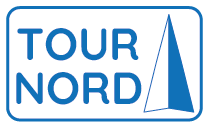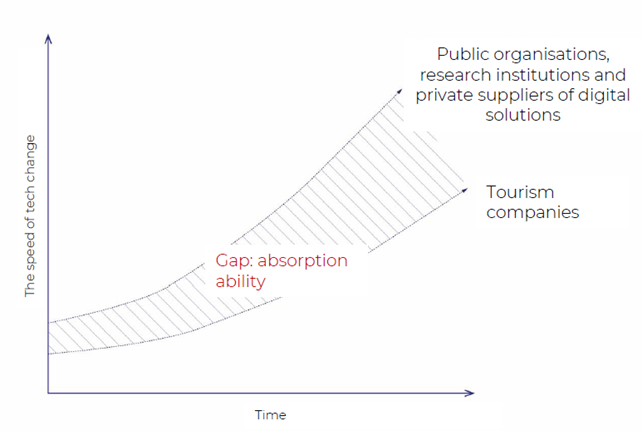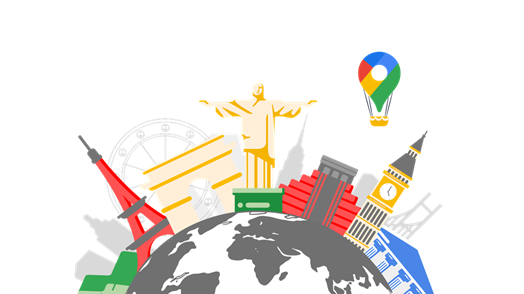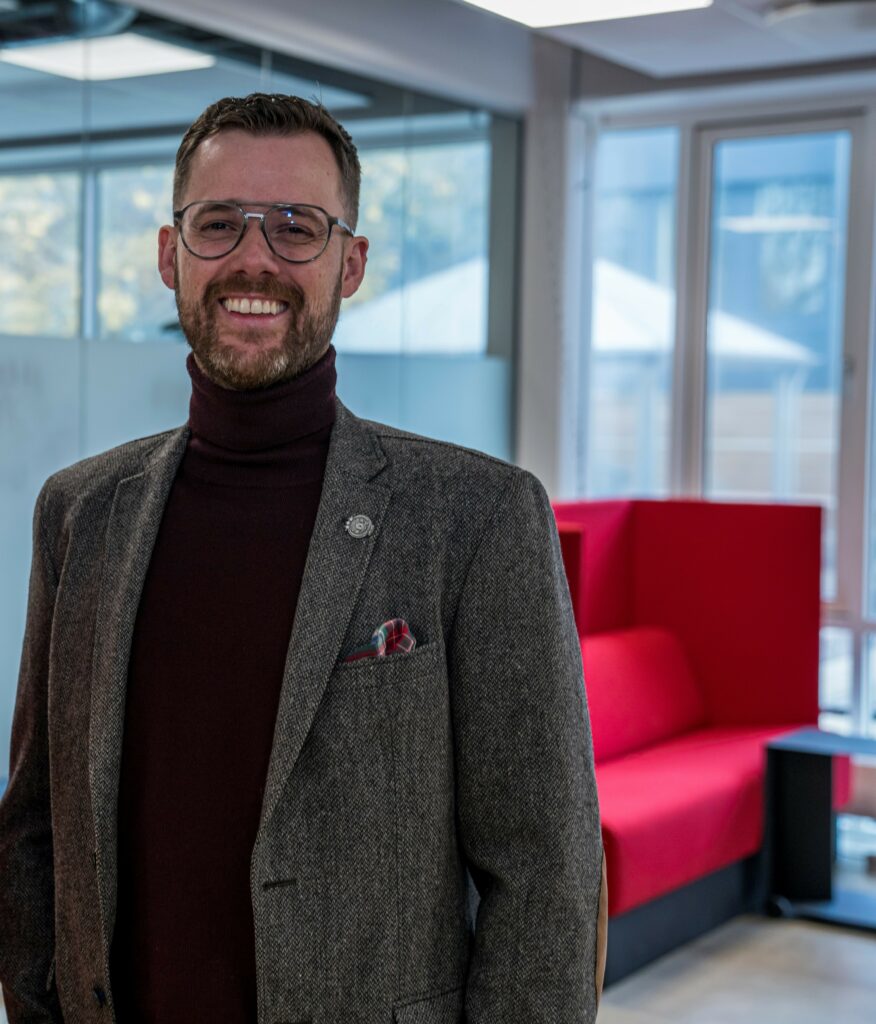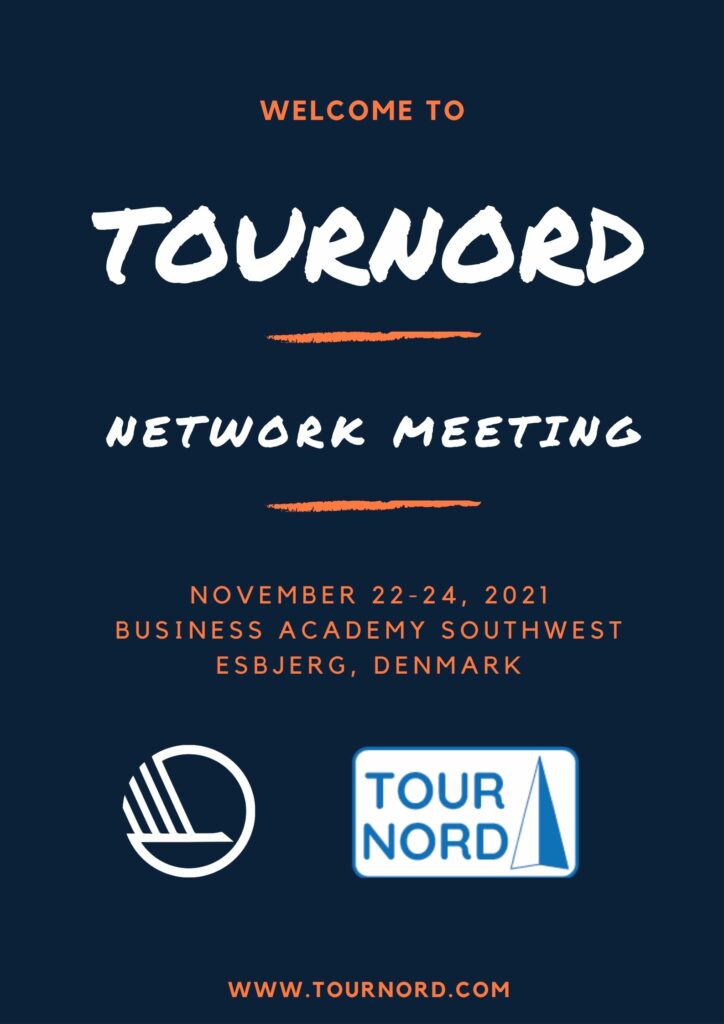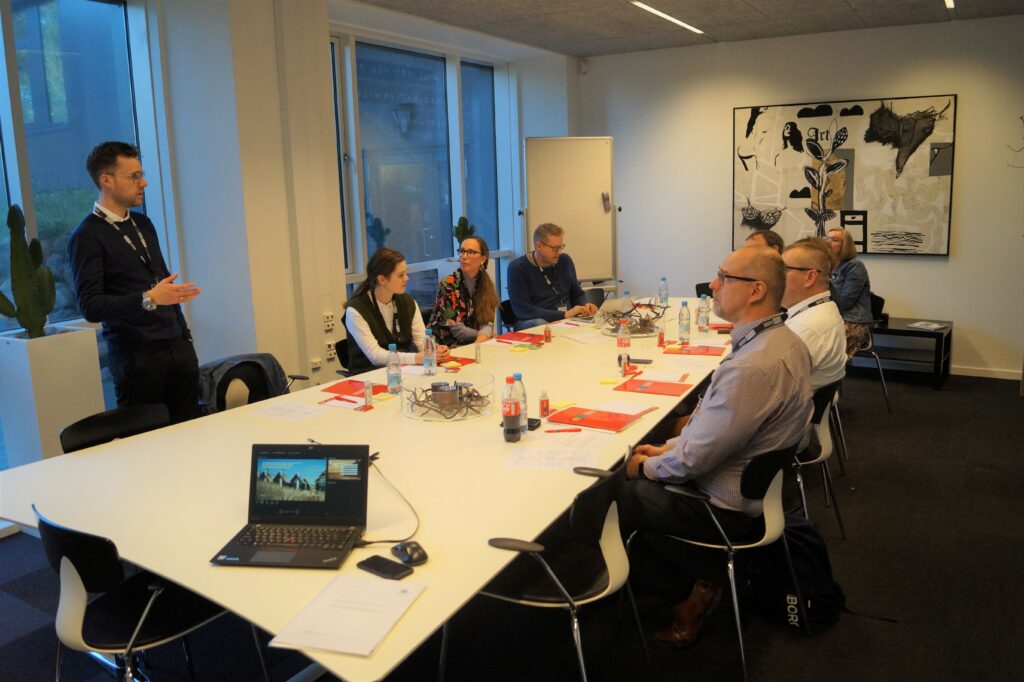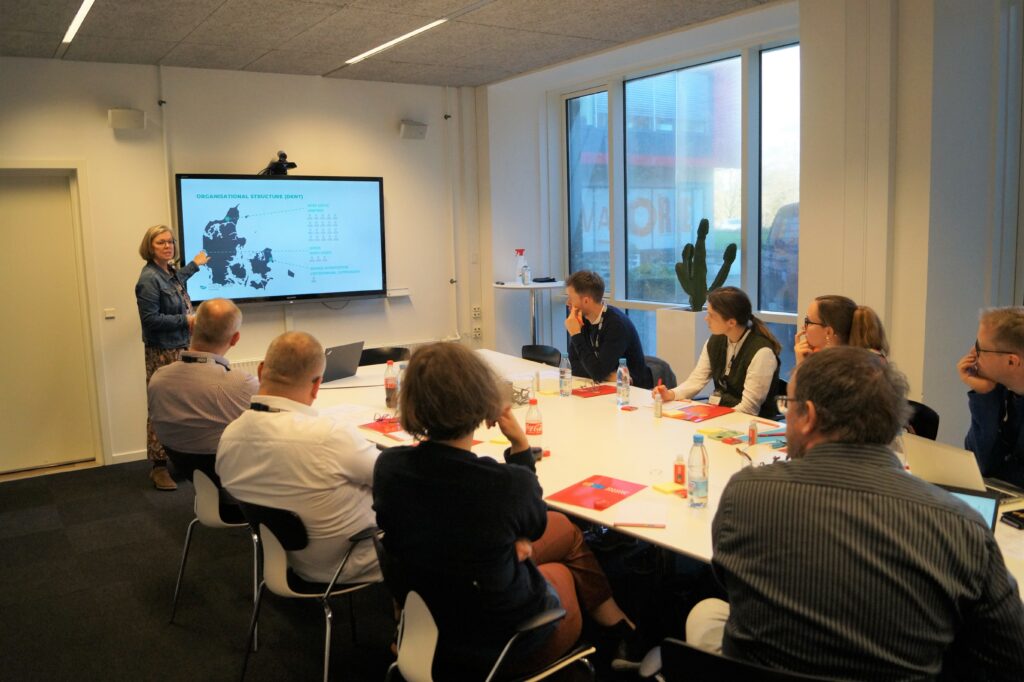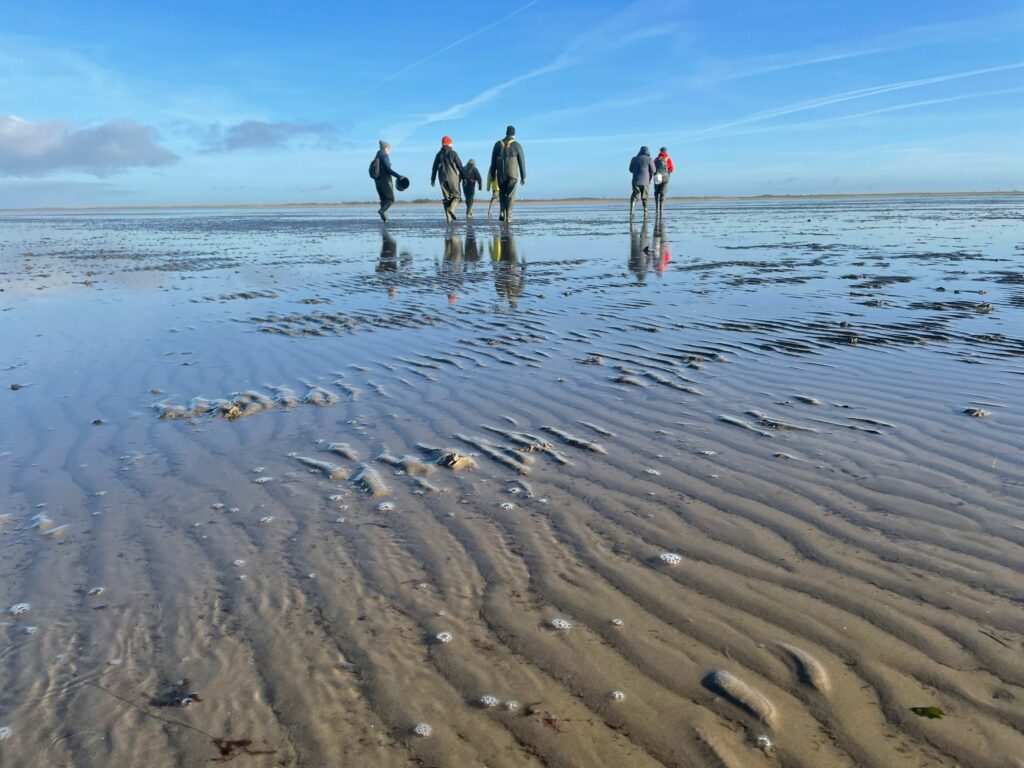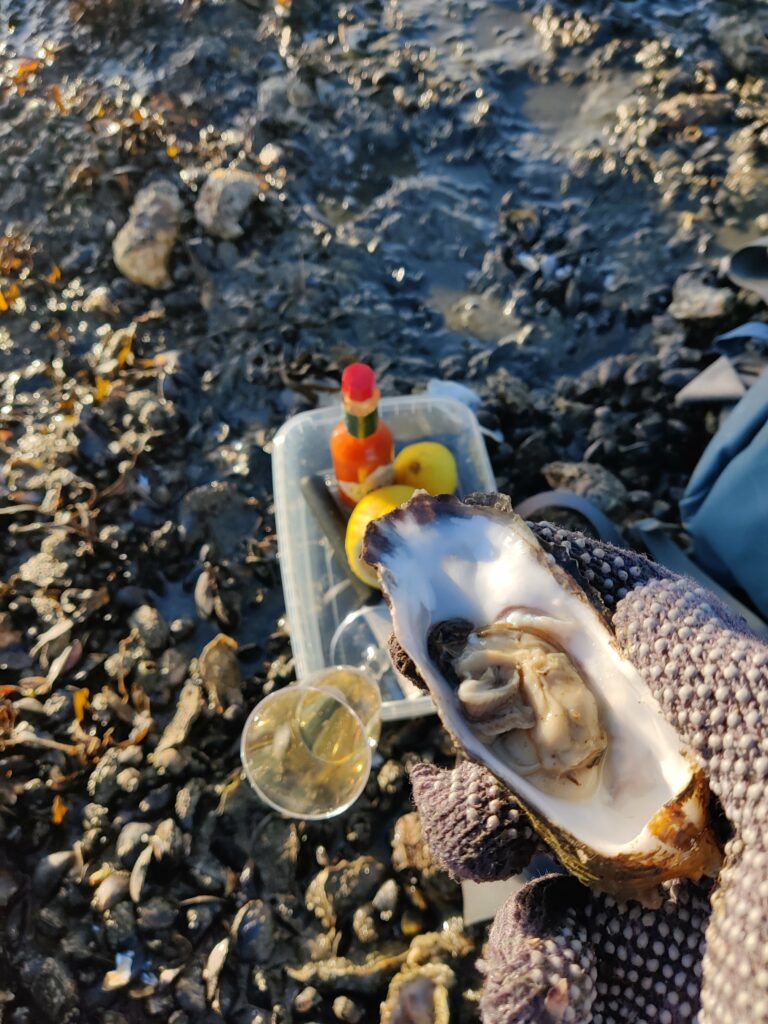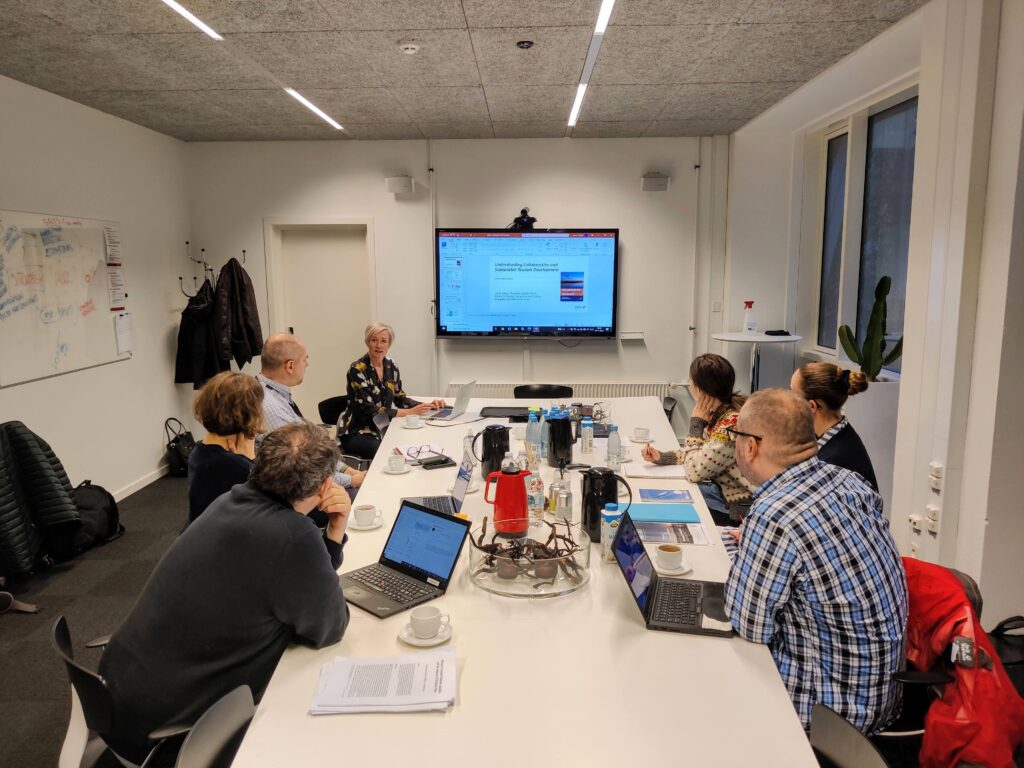Perspectives to life-long learning, Nordic coastal tourism, blended intensive programmes, and multisensory research environments in the food sector were just a few of the topics covered at our 2nd network meet in Turku, Finland. From the 28-30 of March 2022, the University of Turku was host to our TourNord partners, coming from Business Academy SouthWest, Western Norway University of Applied Sciences, University of Greenland, Linnaeus University and Dania Academy!
Serving as a forum for exchanging best practices and experiences for education and knowledge development within Nordic Tourism, the central themes of the network meeting were:
- Life-long learning: How can educators continuously update their skills and competences
- Nordic Tourism: What makes it unique
- Tourism lessons learned: From remote locations
The network meet also had scheduled in workshops to continue working on the ideas created at our first network meet in Esbjerg, Denmark – namely projects within digital competence development in the tourism sector, and development of Nordic coastal tourism.
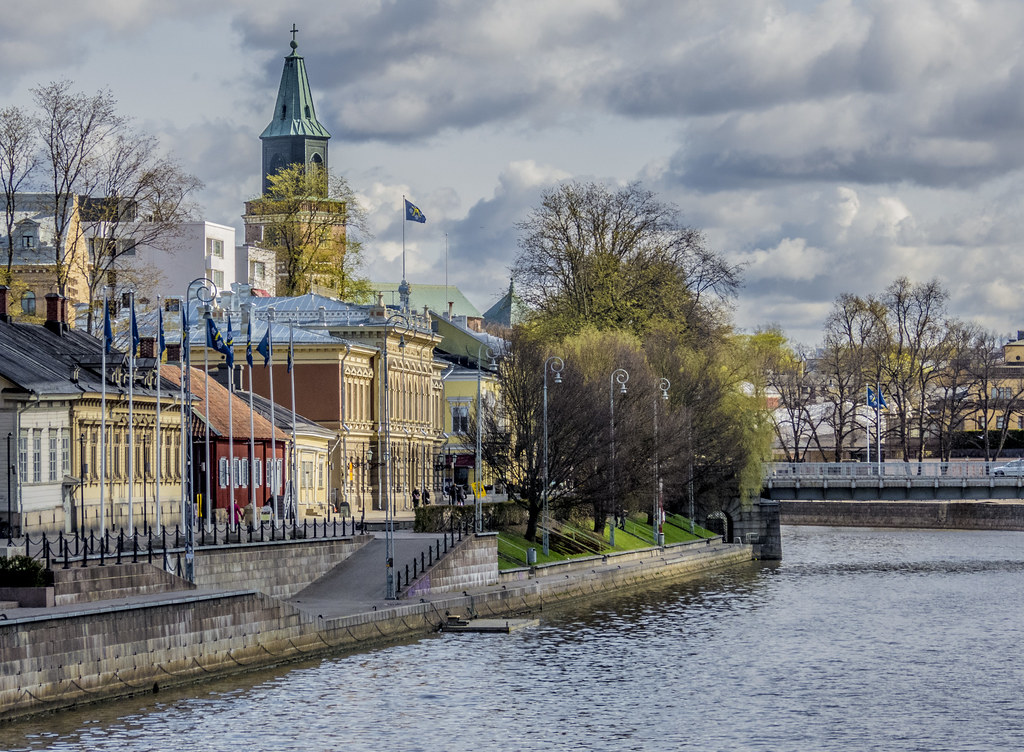
Day 1: Perspectives to life-long learning and Developing Nordic Coastal Tourism
After a warm welcome, Timo Halttunen, Head of Unit at Brahea Centre Areal Research and Development, at the University of Turku, gave us a presentation about professional learning, the reform of continuous learning in Finland, as well as the challenges the tourism sector faces with regards to continuous learning – a challenge not only unique to the Nordics, but to the EU sector as a whole! An interesting fact, was that the Nordic countries were ahead of the curve in Europe with regards to continuous learning, yet the tourism sector still lagged behind when comparing to other industries.
The presentation was followed by a great discussion on key areas that TourNord’s partner institutions could focus on in their respective countries when it comes to current students, as well as plans for continuous learning throughout a career of a tourism sector employee.
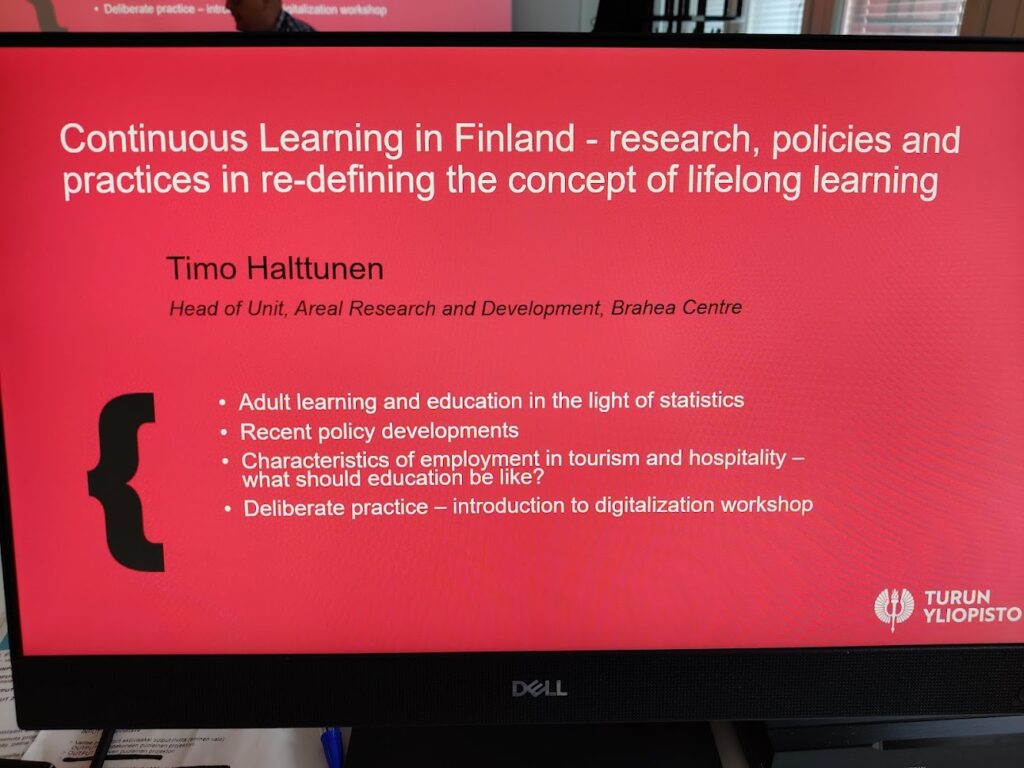
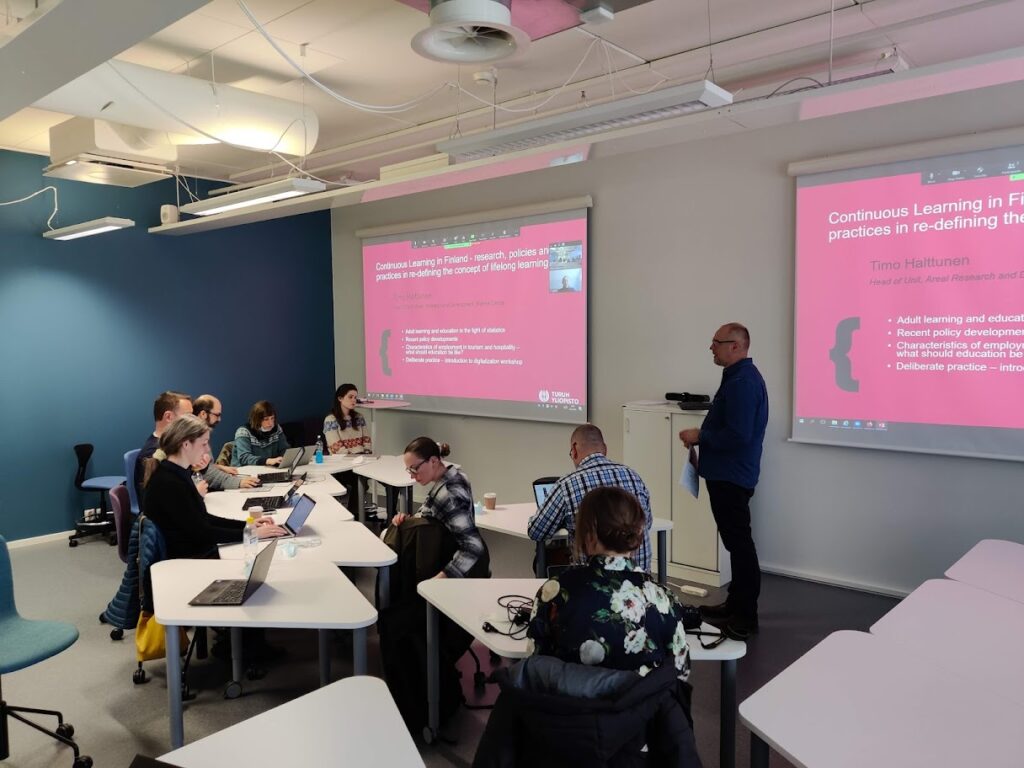
After the presentation and discussion, Gregory Kwiatkowski from Western Norway University of Applied Sciences and Christian Dragin-Jensen from Business Academy SouthWest led a work-meeting about how to progress from our desire to jointly work on developing a Nordic Coastal Tourism project (from our network meet in Esbjerg). We have excitedly concluded to create a book: “Developing Nordic Coastal Tourism” with all partners contributing to chapters, as well as inviting other practitioners and scholars to contribute! Gregory and Christian will serve as editors. Mia Post-Lundgaard from Business Academy SouthWest also raised the important notion of the book’s necessary contribution to not only academics and practitioners, but also to students. Moreover, the important question was also asked that if we are a Nordic cooperative, should the book not also be available in (at least some) of our Nordic languages?
In the evening, we were introduced to a Turku tourism destination concept: The Turku Food Walk, at local restaurant Di Trevi. The Turku food walk is an initiative by Visit Turku and its partners to showcase the best of the city’s culinary scene with just one card. That is, for a modest fee, tourists can visit an array of restaurants and sample many dishes from many different restaurants. The tour is ideal if you’re new to the city or visiting Turku and are interested in the food culture of the Nordics. It was fascinating to hear how many of the city’s restaurants found benefits in coopetition (the act of cooperating between competing companies) to give tourists a more holistic experience of the city’s food scene.
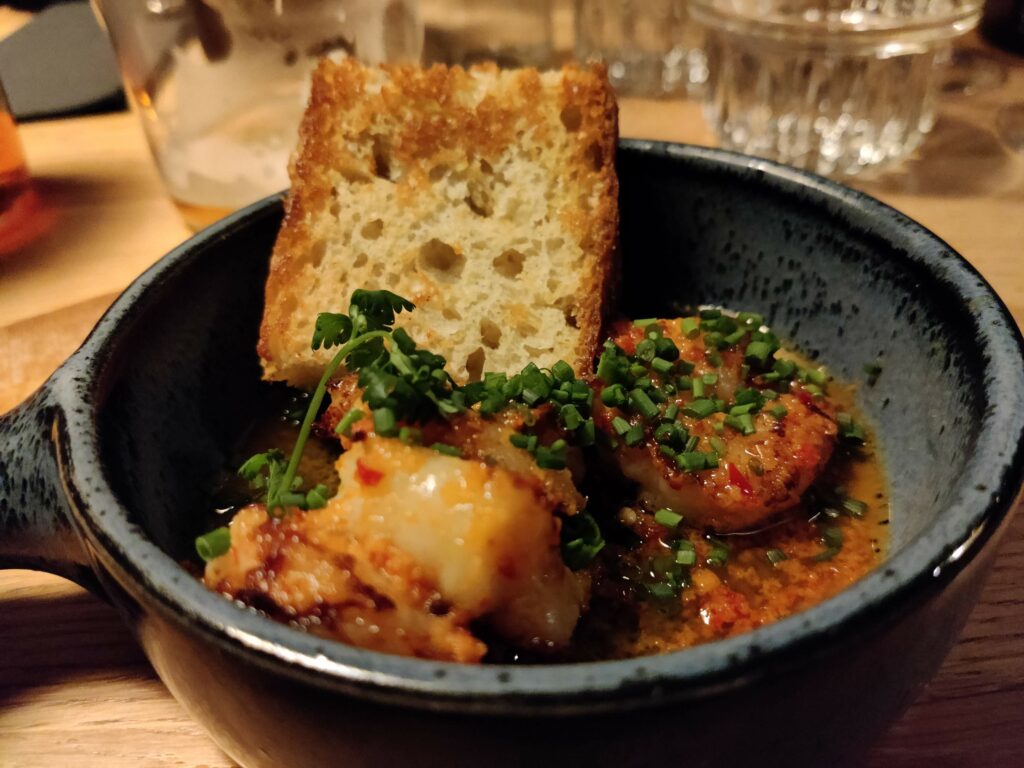
Day 2: A day of Senses in Tourism Research and Experience Development
Our second day was a a true day of exchanging best practices. This day was dedicated to exploring how the University of Turku research the use of senses in developing and understanding experiences. The first item on the order of the day was a fascinating presentation by Emmi Järvi, Project Communications Specialist, titled “Multidisciplinary research platform for producing new scientific knowledge and consumer understanding for society and businesses”. The research platform was using in-house facilities at the University of Turku campus, namely an experimental restaurant called Flavoria, and a multi-sensory room full of modern technologies to enhance sensory experiences.
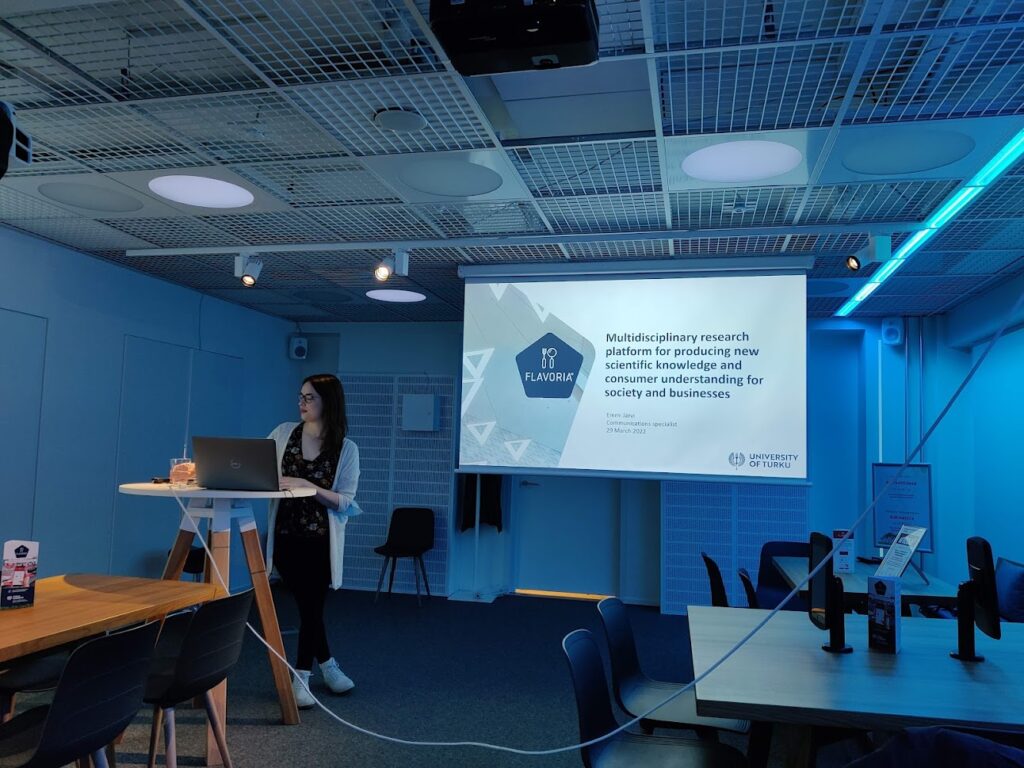
The experimental restaurant was a veritable smorgasbord of data collecting points, from how guests selected their food, to how much bio-waste they generated, as well as desired portion sizes. The multi-sensory room, titled Aistikattila, is an immersive multi-sensory space for research and teaching and for hosting innovation workshops, seminars and events. More specifically:
Aistikattila provides an interesting setting for e.g. co-creation, product, and group interview studies. With studies measuring the effects of different environments can be discovered, how a certain audiovisual environment or augmented reality affects, for example, eating experiences, human behavior, or sensory experiences. The research possibilities go beyond the above-mentioned framework; the object of study can well be a technological solution
Aistikattila
Inspired by sitting in the Aistikattila space, we had a double brainstorming session on how we could work together on the following:
- Creating a blended intensive programme. Led by Gregory Kwiatkowski, we discussed on which common tourism topics where we could lead a blended intensive program – the area of Event Management drawing particular interest. Great experiences were shared on Dania Academy’s efforts by Henrik Pahus and Mikkel Lodahl of their summer school programs in Vietnam and elsewhere around the world. It was decided to continue this avenue to create a blended intensive programme for our Nordic partners!
- Continue our work on digital competences within tourism. Led by Timo Halttunen and Christian Dragin-Jensen, an intense discussion was had with all partners, but followed with a fruitful creation of a concept note for an Erasmus+ application (further developed from our ideas at the 1st network meet in Esbjerg). Specifically, a project which focuses on creating a tourism platform to better define digital skills and competences within tourism, how to upskill and reskill existing tourism employees, assessing learning in digital contexts, and how to create a blueprint for micro-credentials within tourism educations. Trine Thomsen from Business Academy SouthWest also highlighted the tremendous importance of linking digital skills with lifelong learning, as the realm of the digital is simply moving so fast, that what is taught at the beginning of an education, may no longer be relevant when students receive their degree!
In the afternoon, we continued along our journeys of senses – more specifically, the sense of sight. A presentation was given by Marjaana Puurtinen, Adj. Professor at the University of Turku, on Eye-tracking technology in educational research: higher-order cognition, learning in different domains and contexts. This was a fascinating presentation on not only how we can optimize teaching by using eye-tracking technology, but also how we could design tourist experiences. One of Marjaana’s projects was about designing a better museum experience by eye-tracking guests throughout the museum, to gain a novel and unique understanding of what guests spent the majority of their time looking at, as well as discovering what elements were most interactive for them. A future project we surely can’t wait to see more of!
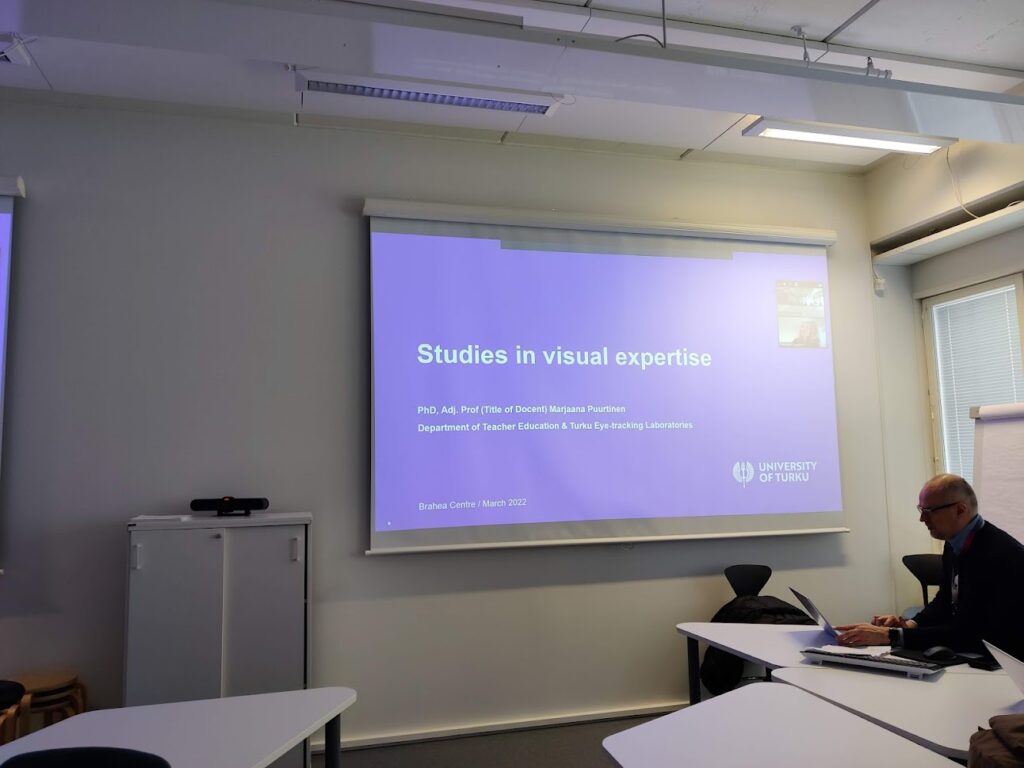
The session was followed by a great discussion on how can we use these technologies in understanding professional learning, particularly when comparing to “hands-on task” learning, vs. theoretical and conceptualisation learning.
Day 3: Designing a “hands-on” museum visit – how a multi-sensory exhibition was developed with researchers and stakeholders
The final day of our 2nd network meet was an excursion day to 40,000+ exhibition at the Forum Marinum. Here we were guided by Ira Lahovuo, Project Manager at the City of Turku, and the main driving force behind the exhibition, an output of an Interreg project, Archipelago Access. Turku is the main city closely located to Finland’s famous archipelago, home to more than 40,000 islands. The project’s summary was the following:
Sustainable nature and culture-based archipelago tourism are still characterized by a large number of SMEs, public actors, uncoordinated promotion and scattered information. Thanks to Archipelago Access, Turku and Stockholm archipelagos join forces and invite Åland along to increase the attractiveness of the whole archipelago area.
Archipelago Access
Guided by Ira, we were given a unique insight in how many different stakeholders took part in creating the exhibition, from digital and sound specialists, tourism experts and marine biologists. Much focus was placed on finding the perfect balance between informing potential visitors about the region and the difficulties it faces (loss of biodiversity, climate change, etc.), but also to show how it could be an attractive place to visit – when done right.
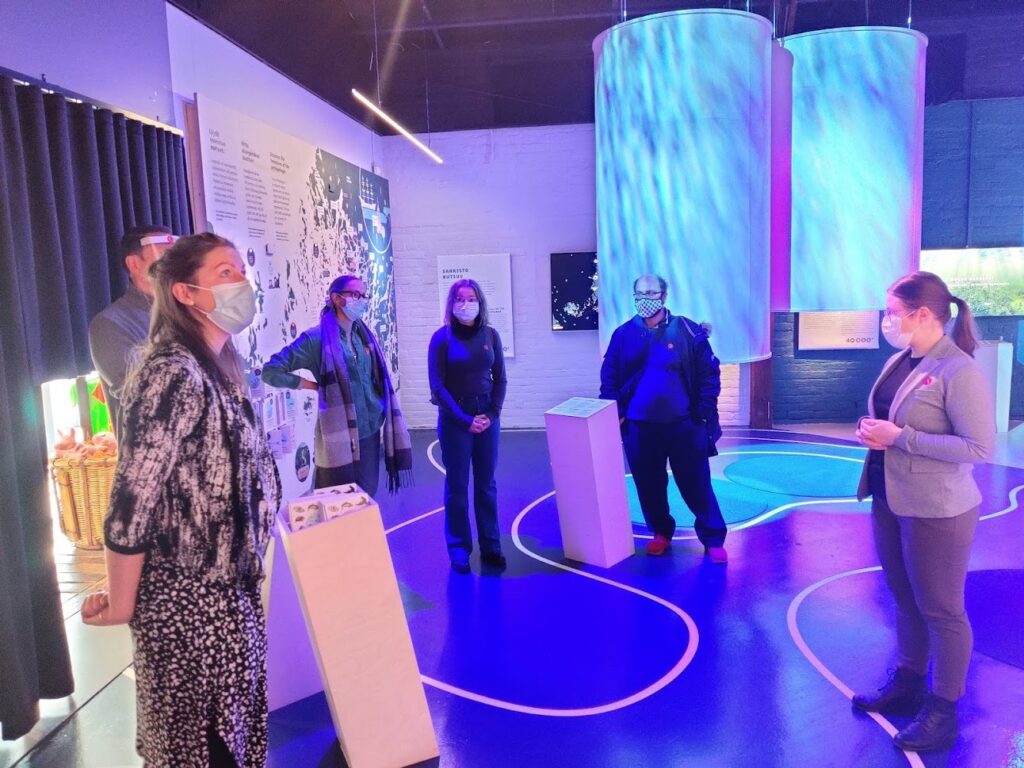
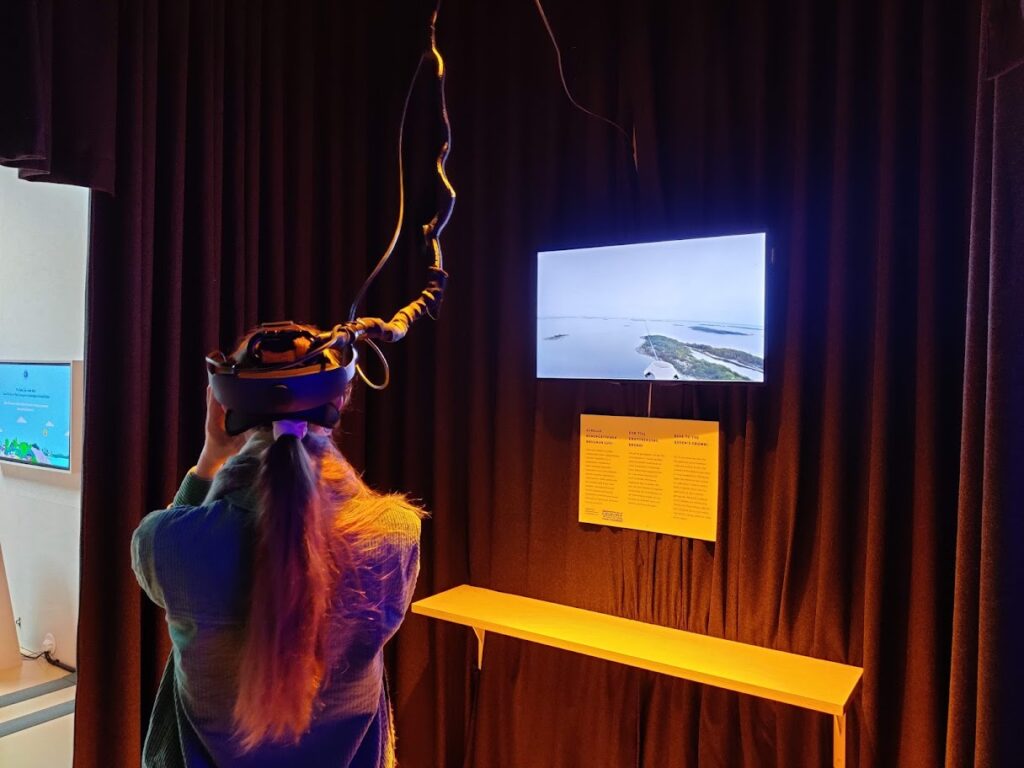
All the participating TourNord members would like to thank the University of Turku and its partners for their warm hospitality, and a fantastic program which ensured that our network meet serve:
1. As a forum for exchanging best practices and experiences for education and knowledge development within Nordic Tourism
2. To discover and implement innovative ways of teaching to benefit educators and students in preparing them for the current/future demands of Nordic Tourism
3. To promote & advance student/staff mobility amongst partners for learning, innovation and R&D activities within NT.
